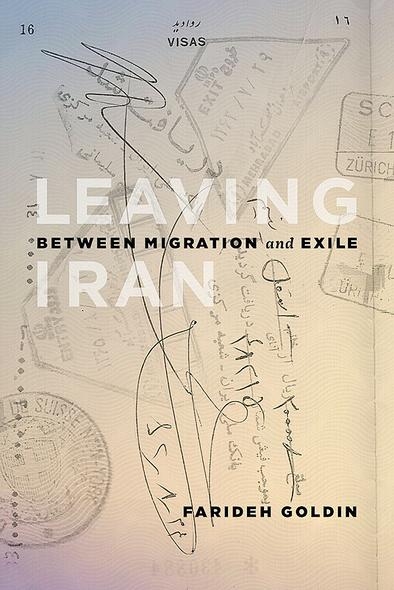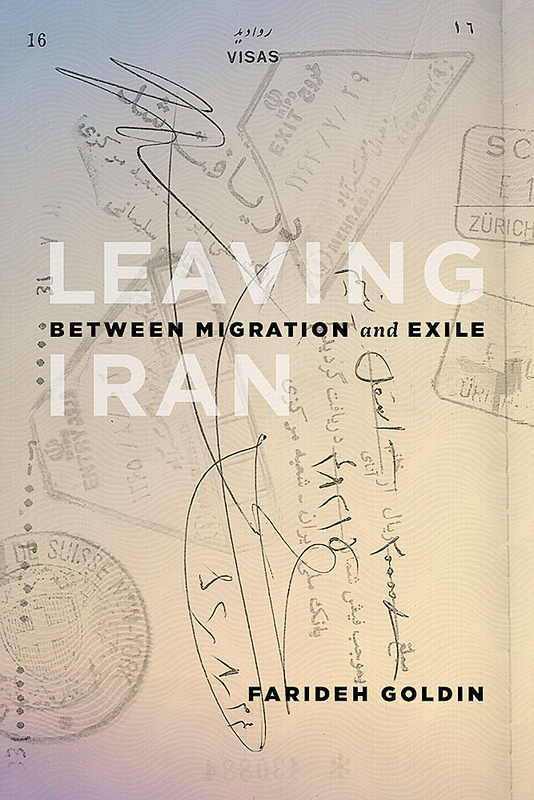In 1975, at the age of twenty-three, Farideh Goldin left Iran insearch of her imagined America. She sought an escape from thesuffocation she felt under the cultural rules of her country and thefuture her family had envisioned for her. While she settled uneasilyinto American life, the political unrest in Iran intensified and inFebruary of 1979, Farideh’s family was forced to flee Iran on thelast El-Al flights to Tel Aviv. They arrived in Israel as refugees,having left everything behind including the only home Farideh’sfather had ever known.
Baba, as Farideh called her father, was a well-respected son of thechief rabbi and dayan of the Jews of Shiraz. During his last visit tothe United States in 2006, he handed Farideh his memoir that chronicledthe years of his life after exile: the confiscation of his passportwhile he attempted to return to Iran for his belongings, the resultingyears of loneliness as he struggled against a hostile bureaucracy toreturn to his wife and family in Israel, and the eventual loss of thepoultry farm that had supported his family. Farideh translated herfather’s memoir along with other documents she found in abriefcase after his death. Leaving Iran knits together herfather’s story of dislocation and loss with her own experience asan Iranian Jew in a newly adopted home. As an intimate portrait ofdisplacement and the construction of identity, as a story of familyloyalty and cultural memory, Leaving Iran is an importantaddition to a growing body of Iranian–American narratives.
So many people were uprooted from their homelands during the IranianRevolution of 1979. And while that tragedy left people searching for apiece of soil for their torn roots, Leaving Iran describes how it alsodestroyed family units—scattering mothers and fathers and sistersand brothers throughout the world. Goldin’s memoir makesremarkable observations about the psyche of an immigrant: describingthe progression from a time marked by loneliness and humiliation to atime where the rules and codes of their new world begin to revealthemselves. And although Goldin and the rest of her family never stopfeeling like foreigners in their new countries of choice—theUnited States and Israel—they continue to press forward, in thehopes of giving their children the privilege of a homeland. As adaughter of immigrants, I found this skillfully written account to beboth moving and enlightening and it reminded me that the experience ofan immigrant is universal.
Born in Shiraz, Iran to a family of dayanim, FaridehGoldin now lives in Virginia and is the director of theInstitute for Jewish Studies and Interfaith Understanding at OldDominion University. Goldin is a frequent lecturer and presenter onIranian culture. Her first memoir, Wedding Song: Memoirs of anIranian Jewish Woman was published in 2003.






